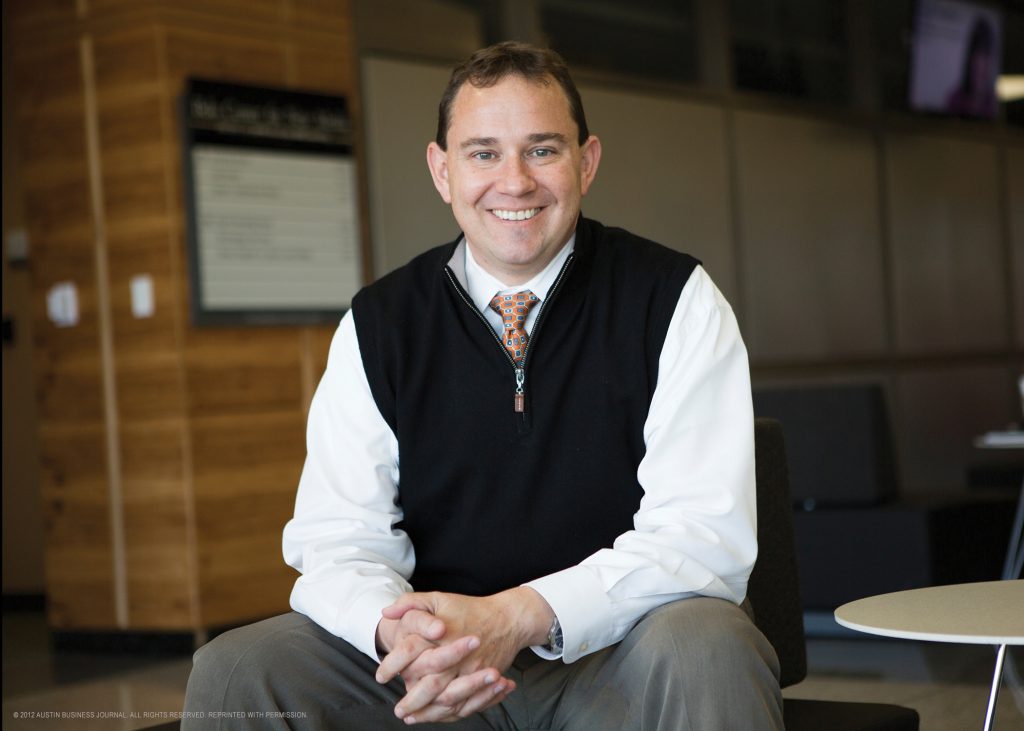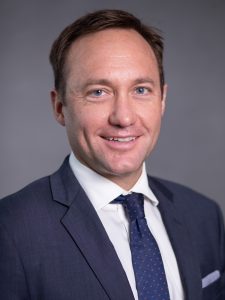Event recap
On May 7, 2020, the Atlantic Council Global Energy Center hosted Dr. Michael E. Webber, ENGIE’s chief science and technology officer, as part of EnergySource Innovation Stream, an event series that works to highlight new energy technologies with potential to reshape the global energy system. Hosted by Randolph Bell, director of the Global Energy Center at the Atlantic Council, the conversation revolved around the new technologies necessary to optimize the production and utilization of low carbon gases.
To begin, Dr. Webber provided an overview of ENGIE’s work along the biomethane value chain, from project development to end-customer sales, and its investments in green hydrogen. He explained how green gases can supplement intermittent renewable energy sources, drive the energy transition at the regional level, and create new jobs. Dr. Webber highlighted the role of low carbon gases in reducing carbon emissions and outlined two primary decarbonization pathways: replace current energy infrastructure or modify input gases. Per the latter, Dr. Webber spotlighted hydrogen—a clean, light, and versatile energy source—as a promising alternative to natural gas. However, he raised several issues currently facing hydrogen fuel production, transportation, and storage that ENGIE is working to overcome. In terms of potential solutions to these challenges, Dr. Weber explained that hydrogen carriers like ammonia, methanol, and formic acid could be used to more efficiently store and transport hydrogen energy. And with regard to the second pathway—replacing current power plant infrastructure—Dr. Webber emphasized the high price and capital cost of replacing existing facilities.
During audience Q&A, Dr. Webber discussed the hydrogen economy and explained how ENGIE integrates climate risk into company decision making. He spoke to the negative impacts of extreme weather events around the world, and detailed how climate risk, either perceived or tangible, shapes ENGIE’s financial decisions. Rising seas, changes in aquifer levels, shifts in the oil market, as well as other direct and indirect climate consequences threaten ENGIE facilities, and as result, the French firm has made operating system security and safety a top priority. Dr. Webber underlined two ways ENGIE and other firms can respond to climate risk: improve energy system resilience and, more fundamentally, reduce atmospheric carbon emissions. He asserted that, in the long run, climate mitigation today will be cheaper than adaptation tomorrow.
Featuring

Dr. Michael E. Webber is based in Paris, France where he serves as the chief science and technology officer at ENGIE, a global energy and infrastructure services company. Webber is also the Josey Centennial professor in energy resources at the University of Texas at Austin. Webber’s expertise spans research and education at the convergence of engineering, policy, and commercialization on topics related to innovation, energy, and the environment. His latest book Power Trip: the Story of Energy was published May 7, 2019, by Basic Books with a six-part companion series that will air on PBS starting on Earth Day 2020. His first book, Thirst for Power: Energy, Water, and Human Survival, which addresses the connection between Earth’s most valuable resources and offers a hopeful approach toward a sustainable future, was published in 2016 by Yale Press and was converted into a documentary by Alpheus Media. He was selected as a fellow of the American Society of Mechanical Engineers (ASME) and as a member of the fourth class of the Presidential Leadership Scholars, a leadership training program organized by Presidents George W. Bush and William J. Clinton. Webber has authored more than four hundred publications, holds six patents, and serves on the advisory board for Scientific American. A successful entrepreneur, Webber was one of three founders in 2015 of an educational technology startup, DISCO Learning Media, which was acquired in 2018. Webber holds a B.S. and B.A. from UT Austin, and an M.S. and Ph.D. in mechanical engineering from Stanford University. He was honored as an American fellow of the German Marshall Fund and an AT&T industrial ecology fellow on four separate occasions by the University of Texas for exceptional teaching.
Related experts
Learn more about the Global Energy Center

The Global Energy Center develops and promotes pragmatic and nonpartisan policy solutions designed to advance global energy security, enhance economic opportunity, and accelerate pathways to net-zero emissions.

